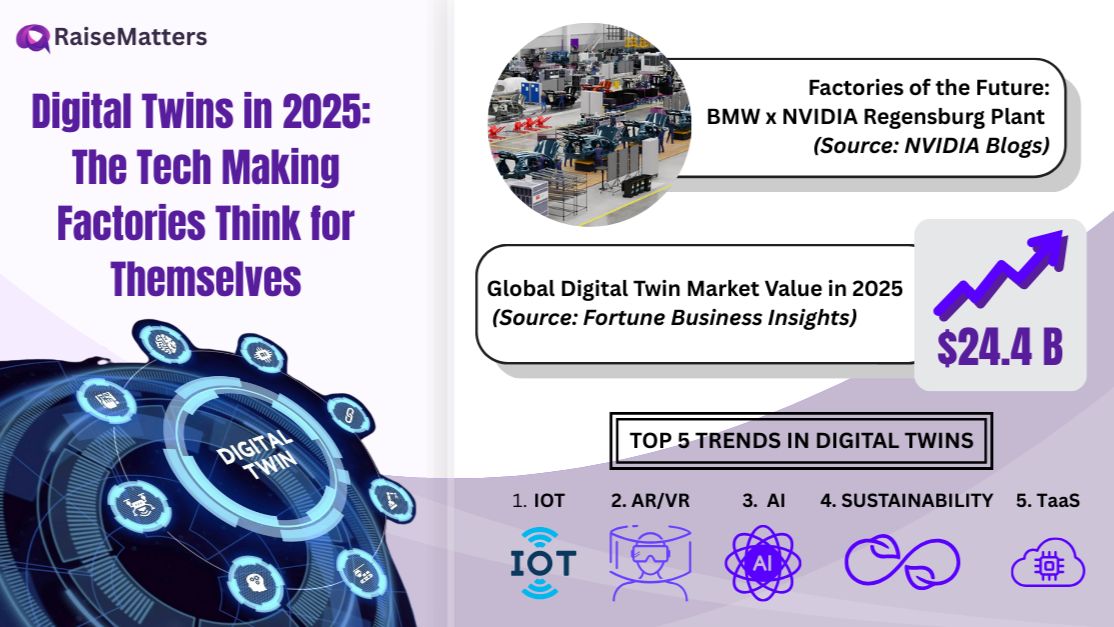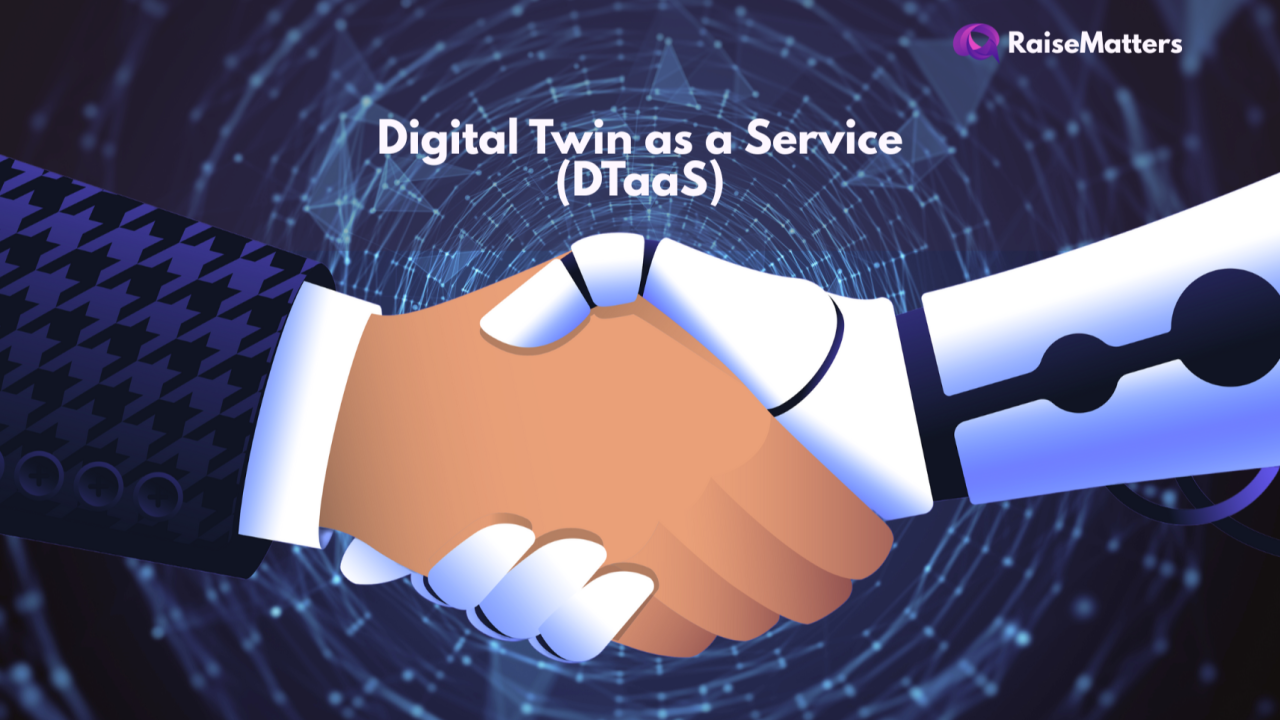Digital transformation begins long before the software arrives. It starts with clarity, accountability, and process maturity. When teams already work from structured data, understand their workflows, and make decisions with shared visibility, ERP becomes a powerful catalyst. Without that readiness, ERP can expose gaps faster than it fills them.
Think of it this way: ERP is a high-performance engine. But if your pipelines leak and the structure is not sound, the engine cannot deliver. Many factories rush into ERP hoping it will bring order. Instead, they find themselves struggling to align siloed teams, broken data flows, and undefined responsibilities. The result is confusion that moves faster, not performance that improves.
Intelligent automation is not just about machines doing work—it's about reimagining how humans and technology collaborate to unlock new possibilities.
Digital first means building the conditions where ERP can thrive. It means teams trust the data they work with. It means there is agreement on what matters, who owns what, and how decisions are made. These practices come before the technology. They are the foundation that gives ERP something to enhance.
This is where RaiseMatters makes a difference. Before systems scale, factories need to identify where decisions break down. They need to raise the right issues at the right time and solve them with clarity. If a team cannot manage exceptions or respond to frontline insights without ERP, they will not be able to do it with ERP either.
ERP does not align an unaligned factory. It reflects what already exists. If the organisation is already clear, data-driven, and collaborative, ERP will accelerate results. If not, it will highlight the weaknesses faster than the teams can respond.
A digital-first approach is not anti-ERP. It is pro-readiness. It means investing in data visibility, cross-functional understanding, and measurable process ownership before investing in scale. It prepares the business to absorb the system without friction.
Digital first. ERP next.
FAQs
Why is ERP not the first step in digital transformation?
ERP systems require operational clarity. Without standardised processes and reliable data, ERP magnifies inefficiencies instead of solving them.
What does it mean to go “digital first”?
It means preparing people, processes, and systems to operate with digital fluency. This includes real-time reporting, shared KPIs, and ownership before ERP is introduced.
What are the risks of deploying ERP too early?
Poor adoption, fragmented workflows, reporting conflicts, and lack of visibility are common when ERP is introduced without groundwork.
How does this relate to RaiseMatters?
RaiseMatters helps teams structure communication, prioritise issues, and develop accountability. This creates the environment where ERP can succeed.
What should manufacturers do before ERP?
Clean up data sources, map processes, define clear ownership, and establish team-wide alignment around performance indicators.
Can ERP fix broken processes?
No. ERP enforces structure. If the processes are unclear or broken, the system will only make the pain points more visible.



